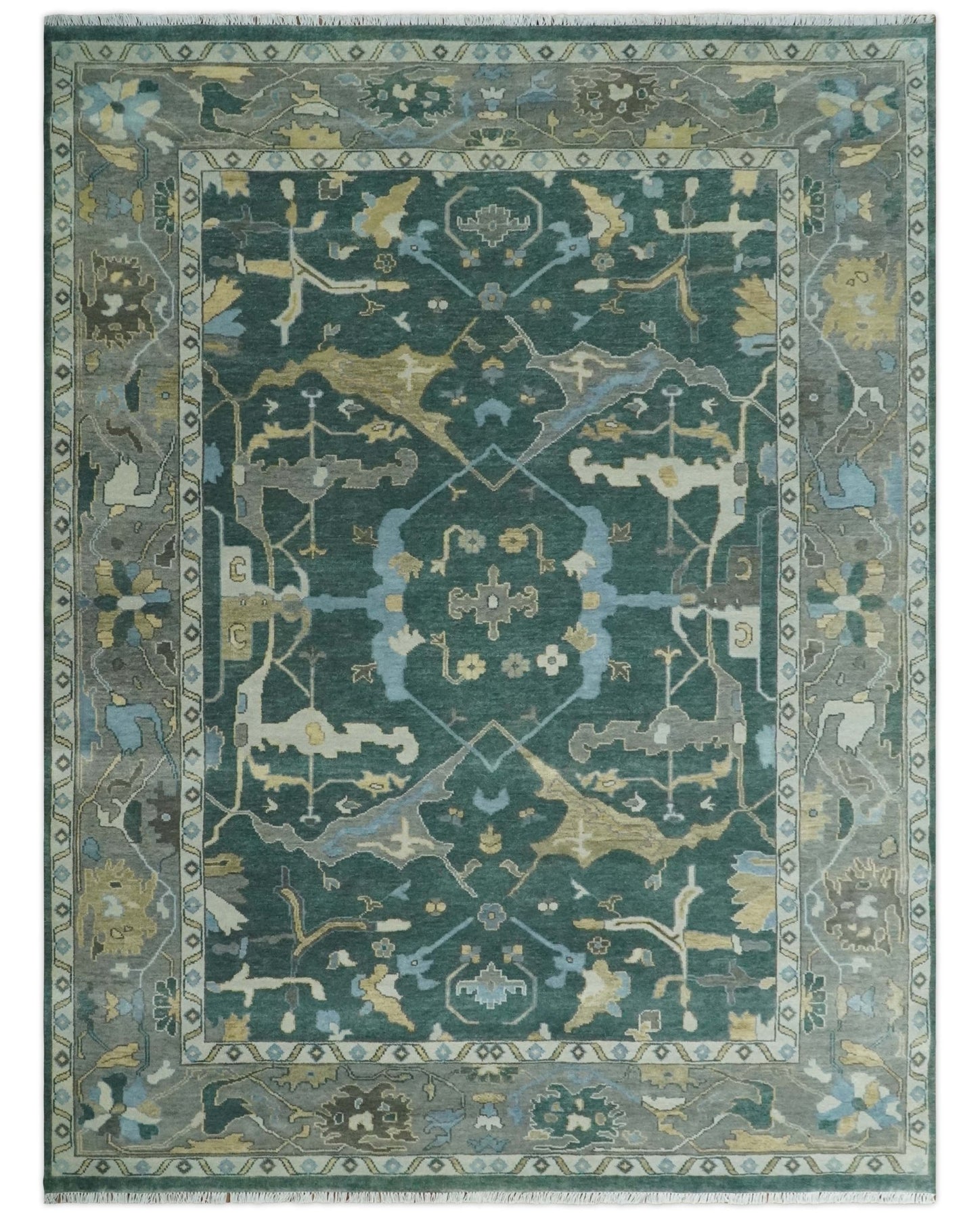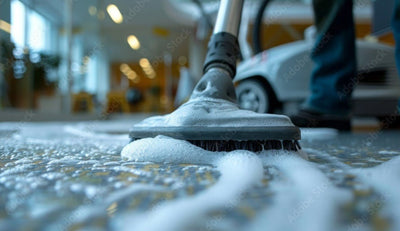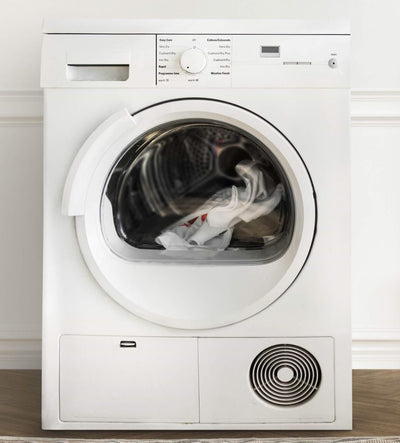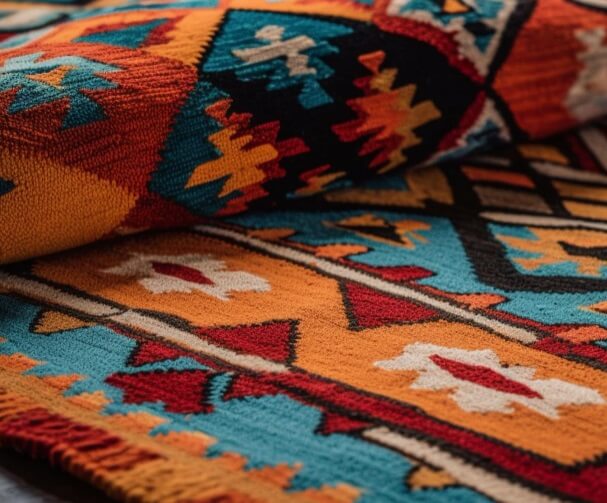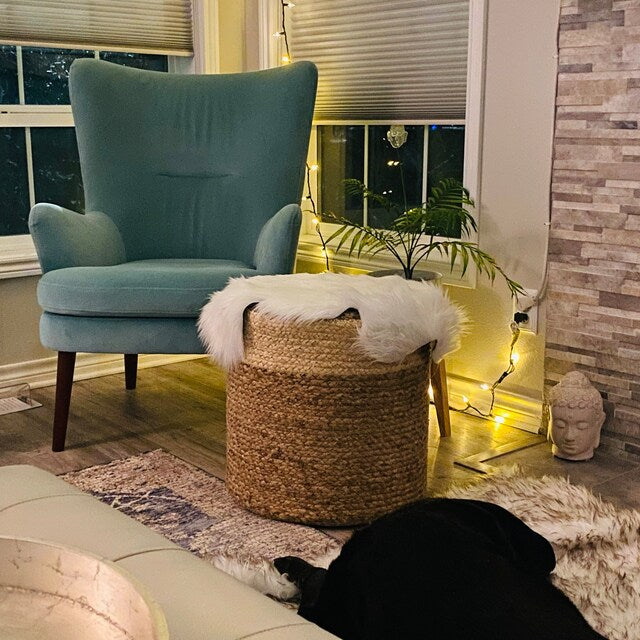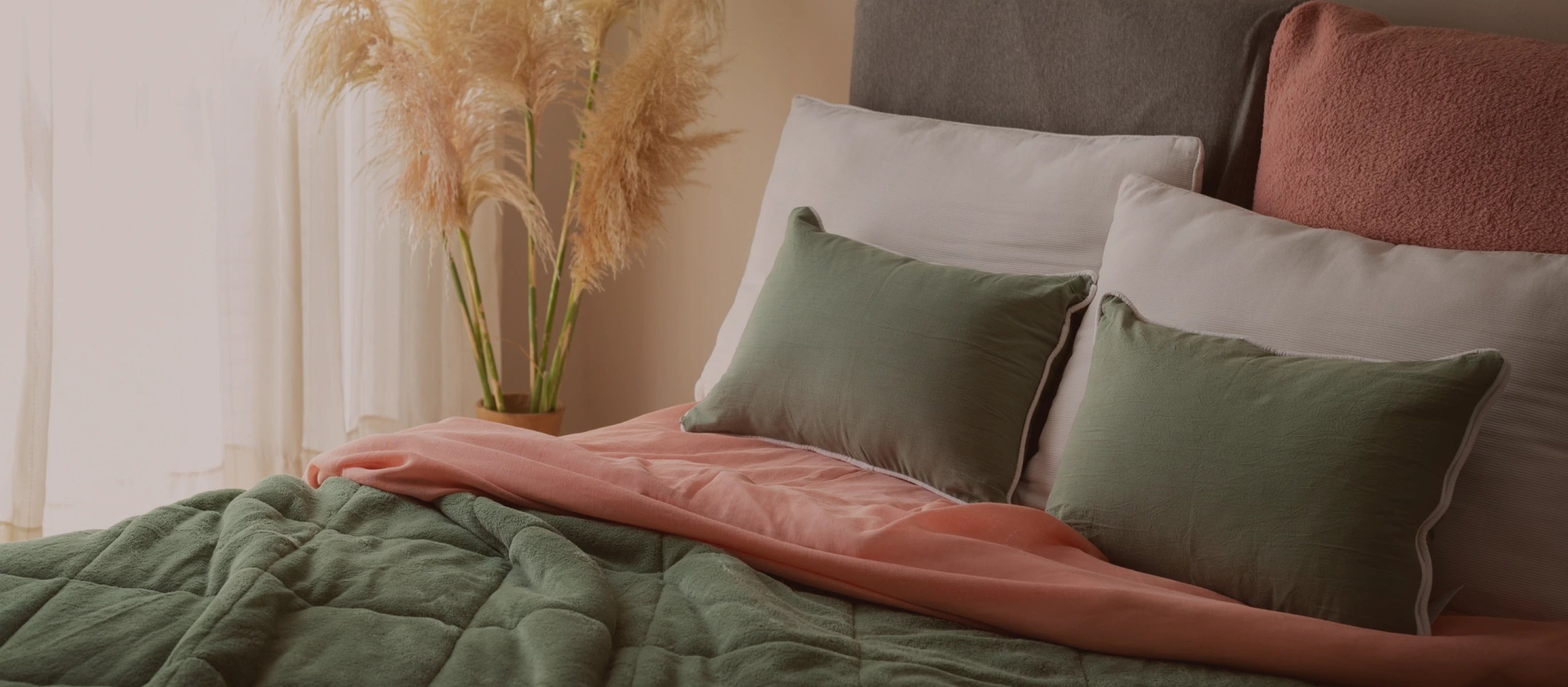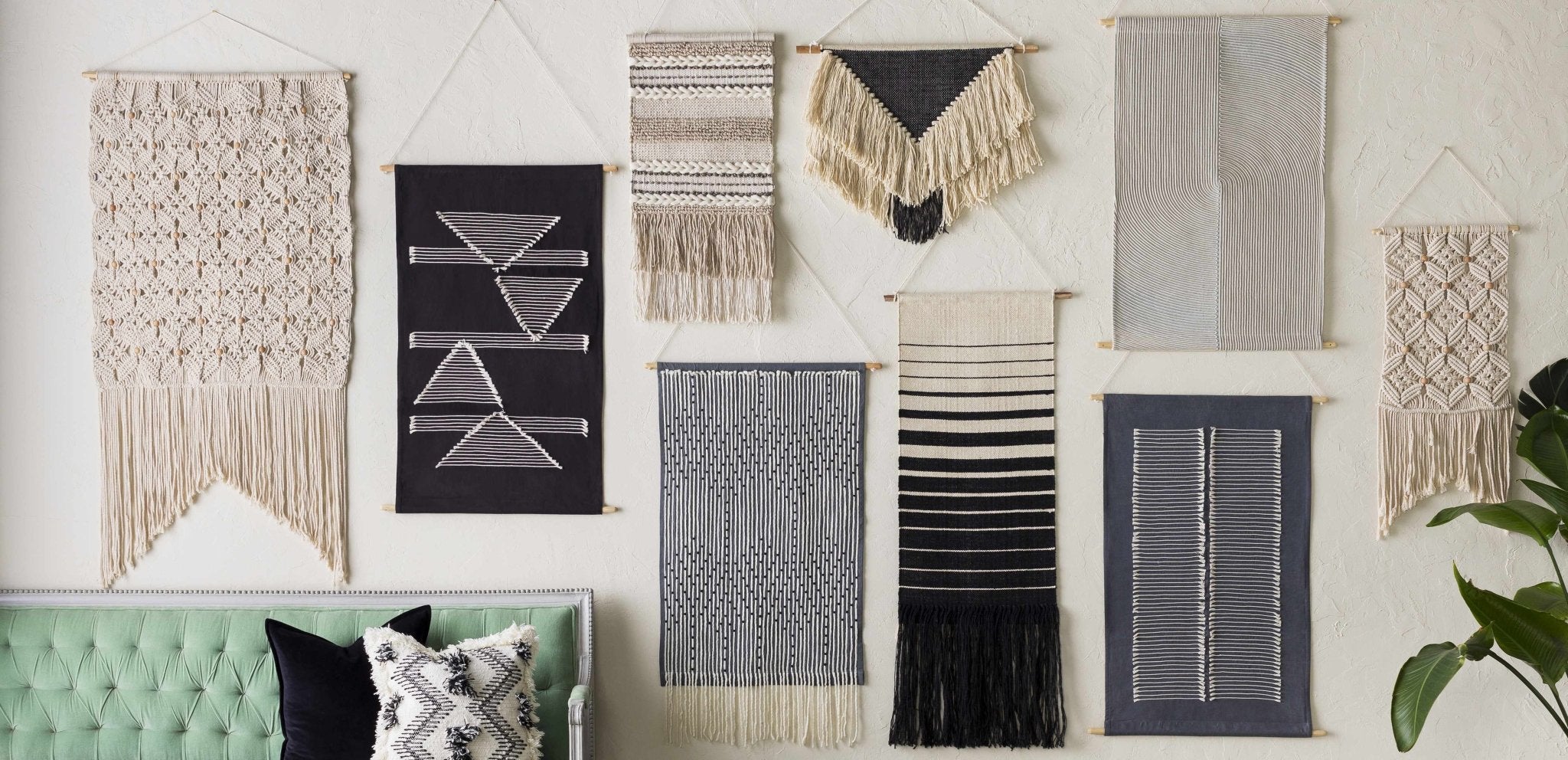How to Store Rugs: Guide to Learn the Right Ways of Rug Storage
You have come to the right place if you were searching for answers to how to store rugs. We know that rugs can transform any space, and enhance the personality, style, and warmth of it. However, on occasions when you want to shift them to another place, or lay new ones, it is very important to know how to store area rugs properly.
In this guide, we will answer all your questions regarding how to store rugs to preserve their lifespan and beauty even when in storage. Read till the end to know the minute details so that you can save the effort and time when you decide to store your rugs.
The details of this guide apply to all rug kinds, whether you have old Oriental rugs, comfy shag carpets, or contemporary art pieces. Learn about the importance of climate control, ventilation, and protective coverings in protecting your carpets from dust, moisture, and pests. With our expert advice, you'll be able to store your rugs with confidence, knowing that its longevity and appeal will be preserved.
Preparing rug for storage
Rugs are more than simply decorative items; they are investments that must be properly cared for, especially when it comes to storage. Whether you're changing up the style of your home with seasonal rugs or need to store an additional rug that's no longer in use, taking the proper precautions assures their longevity and keeps them in excellent shape. It's critical to properly learn how to store area rugs, and the points below will guide you through the process.
Cleaning the rug
Cleaning your rug before storing it is critical to prevent dirt, dust, and pests from damaging the fibers. To guarantee that your rug is clean and ready for storage, follow these steps to know how to store oriental rugs:
Dust and vacuum: Take it outside and gently beat it to eliminate loose dirt and dust. Then, vacuum thoroughly on both sides to remove any leftover particles. To ensure a thorough cleaning, use a rug attachment or a handheld vacuum.
Pre-storage cleaning: Before storing the rug, clean up any stains or spills. Use a mild detergent or specialized rug cleaner that is appropriate for the material of your rug. To avoid color bleeding or damage, always test the cleaning solution on a tiny, inconspicuous area first.
Drying: Before storing the rug, make sure it is totally dry. The best way is to let it air dry in a well-ventilated place or hang it on a drying rack outdoors. However, direct sunlight should be avoided because it can cause colors to fade.
Shop Now - Oriental Oushak Hand Knotted Wool Area Rug
When your rug is clean and dry, wrap it up securely rather than folding it. Rolling helps to avoid wrinkles and stresses on the fibers. Avoid folding because it can cause irreparable harm. Then, wrap the wrapped rug in a clean, breathable fabric, such as cotton, for protection. This adds an extra layer of defense against dust and vermin while yet allowing the rug to breathe.
For those curious about different rug types, understanding what is a hand-tufted rug is also essential. These rugs have unique qualities that may influence how they should be cleaned and stored.
Using repellants or mothballs to keep pests away
Moths and insects are drawn to natural fibers such as wool, silk, and cotton, which are typically used in carpets. By munching on the fiber, they can cause severe damage, leaving behind ugly holes and weaken the strands too. To avoid this, place repellents or mothballs in the place where you are planning to store the rugs.
Repellents come in a variety of formats, including sprays, sachets, and essential oils. Natural solutions such as lavender, cedarwood, and eucalyptus are popular choices that not only repel bugs but also leave your rugs smelling nice.
When using sprays, apply to the rug's surface and storage area gently. You can also place dried herb sachets around the rugs to provide a gentle yet effective deterrent.
Note that you must use only effective, mothballs caution due to their strong chemical odor. They emit gases that make the atmosphere unfriendly to bugs. However, make sure the rugs have been fully aired out before usage to get rid of any leftover odors. Besides, mothballs should be placed in a ventilated pouch and carefully placed within the storage space to avoid direct contact with the rugs.
Rolling up
Rolling up your carpets properly is a critical step in guaranteeing their preservation and retaining their original appearance during storage. Unlike random folding, which can result in creases and deformation, rolling up is a safer and more effective method.
Before rolling, ensure that your rug has been fully cleaned and is absolutely dry. Any moisture trapped within the fibers may become breeding ground for mold or mildew, further damaging the rug. Also, you must smooth out any wrinkles or folds in the rug by laying it flat on a clean, dry surface.
Begin rolling from one end of the rug, with the pile side facing in. This protects the more delicate side from dust and debris while it is stored. Roll carefully and evenly, making sure the rug is taut but not too tight. However, note that forceful rolling can put strain on the fibers and backing, resulting in long-term damage.
Once rolled, use strong fabric straps or cotton ropes to secure the rug. Avoid using items that may scratch or cut through the rug. It's critical to achieve a balance between protecting the rug and not overworking it. Remember that the idea is to keep the rug nicely wrapped rather than tightly compressed.
When storing rolled carpets, find a location that is cool, dry, and well-ventilated. Avoid stacking heavy objects on top of them to avoid wrinkles or distortions. Furthermore, never keep rugs directly on concrete floors since moisture will seep through and cause damage over time.
It's worth exploring the benefits of jute rugs for those considering eco-friendly options. These rugs are often more resistant to pests, making them a great choice for homes with natural fiber concerns.
Wrapping and storing rugs vertically
Proper storage is critical for protecting the quality and longevity of your carpets. Wrapping and storing rugs vertically stands out as a good strategy for preserving the beauty and condition of your prized possessions.
When you learn how to store rugs traditionally, the horizontal way is more common. However, it can cause creases, wrinkles, and even permanent damage to the fibers. However, vertical storage is a wiser approach that reduces these dangers while extending the life of your rug.
If you're new to rug care or are considering investing in a rug, it’s helpful to consult a comprehensive rugs buying guide. This can provide insights on selecting the perfect rug and taking care of it long-term, whether it’s a vintage piece or a modern design.
However, if your rug has already developed creases and wrinkles, fret not. You can learn by following our guide how to flatten a rug effectively.
Vertical storage means hanging your rugs on a rod or strong support, similar to how clothing are hung in a closet. This approach has many advantages. For starters, it reduces the possibility of placing heavy things on top of rolled-up rugs, which can create compression and distortion. Second, it avoids the formation of creases that can occur when carpets are tightly rolled for extended periods of time. Allowing the rug to hang naturally preserves its form and texture.
For best results, begin by gently vacuuming and scrubbing the rug to remove any dirt or debris that has accumulated. To avoid pressing the rug against itself, roll it lightly with the pile facing outward. Secure the rug's ends with cotton straps or twill tape, being careful not to tie them too tightly to avoid indentation.
Read: All About Carpet Pile Height
Vertical storage not only protects the integrity of your carpets but also saves space and makes reaching them easier. By using this procedure, you are taking a proactive step toward preserving your rugs as treasured works of art that will offer warmth and beauty to your living areas for years to come.
Lastly, consider why investing in a rug is a smart choice. If you're unsure about its benefits, this guide on importance of rugs in interior design highlights the value of adding a rug to your space, from aesthetics to comfort.
FAQs
Is it better to roll or fold a rug?
It is always better to roll a rug loosely instead of folding it, as the latter method may lead to damaging and creasing of the fibers.
Can I store a rug standing up?
Yes, you can store a rug standing up using a vertical storage method, which helps maintain its shape and prevents compression.
Can you wrap a rug in plastic?
It's not recommended to wrap a rug in plastic as it can trap moisture and lead to mold growth; breathable materials like cotton are better options.
How do you store rugs when not in use?
When rugs are not in use, the ideal approach is to store them vertically on a rod or support, ensuring they are clean, loosely rolled, and placed in a dry, well-ventilated space.
